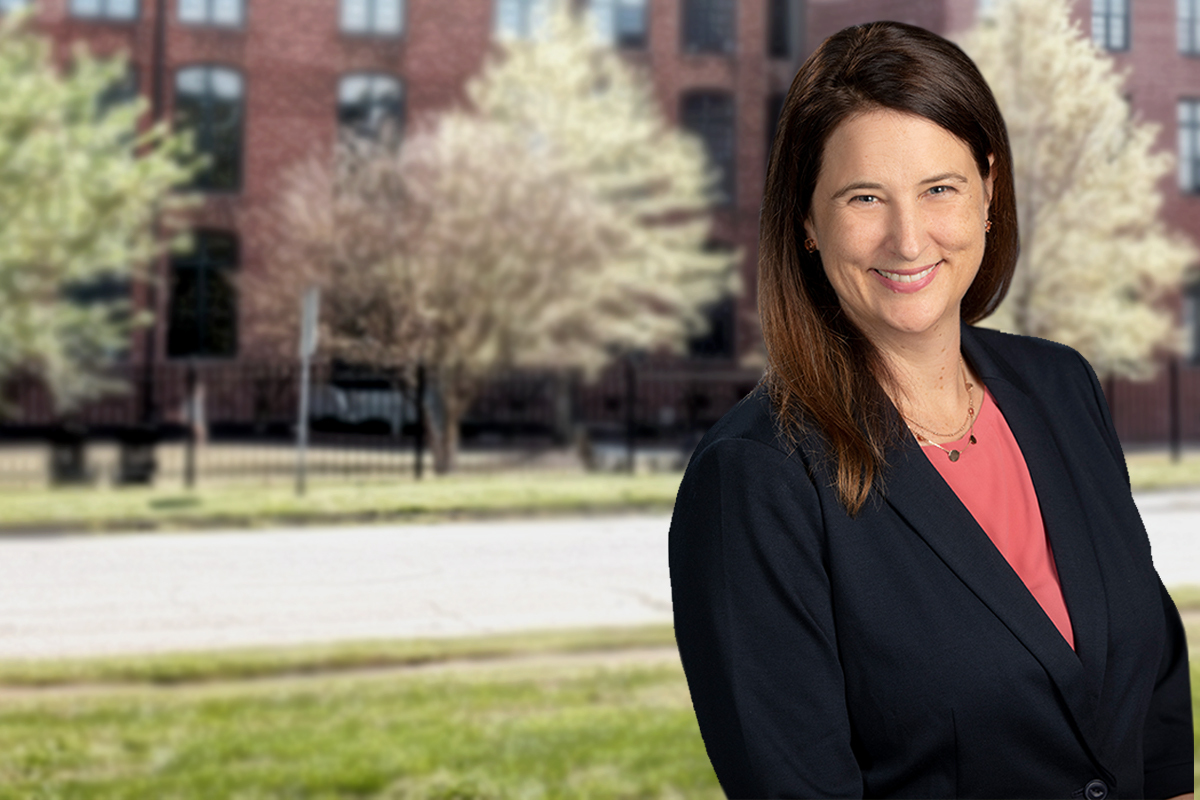National Deaf Center Director Stephanie Cawthon, Ph.D., gave a keynote presentation at the The Minnesota Commission of the Deaf, DeafBlind & Hard of Hearing (MNCDHH)’s Collaborative Experience Conference in Brainerd, Minnesota, on Nov. 8.
Her presentation, Reframing Transition: Empowering Self-Determination in Deaf Youth, focused on the struggles deaf youth face as they transition from high school into postsecondary training — whether that be college, trade school or other career preparation.
Building transition around a student’s goals
Cawthon recommended following a “life design” model for transition services, which focuses on ensuring that career training and other resources be directed at ensuring that deaf students are being placed in careers that fit their life goals and aspirations.
There are significant disparities in outcomes for deaf youth compared to their peers. Almost 15% fewer deaf students earn bachelor’s degrees than their peers. This disparity follows those people into the workforce. Almost 23% fewer deaf people are employed than hearing people.
Research shows that earning a degree improves those outcomes. According to data from the 2017 American Community Survey, 48.6% of deaf people with a high school diploma have a job, compared to 70.5% of deaf people with a bachelor’s degree.
The importance of high expectations
Cawthon’s presentation showed how transition resources can help turn the tide. Deaf youth tend to take fewer college preparatory classes than their hearing peers, and, on average, take five years to enroll in college post-high school, That’s compared to two years for hearing youth.
Framing transition resources around the life design model and fostering high expectations in deaf youth are among the keys to changing those statistics.
Encouraging autonomy, strengthening social networks, increasing knowledge of self and facilitating goal-setting are all ways that parents, teachers and other mentors can help deaf youth succeed through transitions.
How can you help?
NDC has numerous free resources, training courses, and personalized one-on-one assistance which can help you encourage deaf success.
In addition, NDC has created the first video game accessible to deaf youth, Deafverse, to help foster self-determination and assist deaf youth in navigating difficult social situations. There is a free Player Strategy Guide available on Deafverse’s resources page, including a teacher version of the guide, to help you navigate the game and facilitate conversation.
Help us foster deaf success by empowering and encouraging deaf youth.









